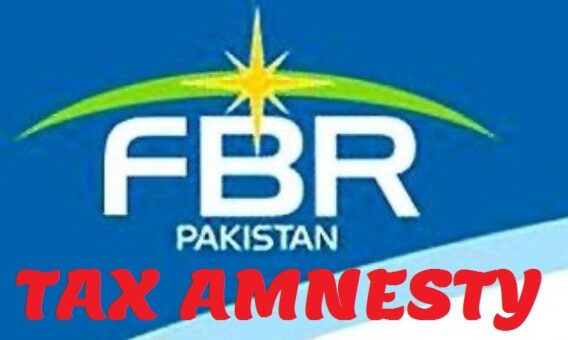KARACHI: Karachi Tax Bar Association (KTBA) has advised Federal Board of Revenue (FBR) to suspend notices for various tax matters with immediate effect considering the alarming increase in cases of COVID-19 in the country.
The KTBA in a letter to FBR chairperson sent on Friday, informed that the bar members were receiving notices issued by the tax officials right in the month of June when the COVID-19 pandemic was in its worst phase in the country, and the city of Karachi is passing through its hardest times.
The grim situation at hand, in terms of helplessness and number of deaths of both taxpayers and the tax officers, cannot possibly be remained devoid of any mindful sight.
It is rather what today has the fullest attention of everyone concerned and the FBR as the tax regulator cannot simply be an exception. It cannot keep shooting notices mindlessly to the taxpayers for tax compliance when the taxpayers or their counselors cannot even reach their offices these days. The Bar equally feels compassionately about officers. “You must be aware of the deaths of tax officials posted at LTU, Karachi and at Regional Tax Office, Karachi due to Coronavirus.”
Around 160,000 coronavirus positive cases have been registered in the country out of which, almost 55,000 are in Sindh. Among the cities of Sindh, Karachi is at the top with 45,000 plus cases.
Keeping the above in view, the number of notices being issued these days is beyond ones comprehension. The members, like other service providers (shops, markets and manufacturing units are an exception), are largely not operating from their offices and are working from home, which has its own limitations. As such, in these testing times, it is not humanly possible for our members to respond to the notices issued for various proceedings discuss below.
Even otherwise responding to these notices is not possible without provision of details/ information by clients/ taxpayers who are also suffering from the short comings discussed above. On the other hand, IRIS still has its own limitations.
Any assignment created especially in ‘completed tasks’ cannot be replied via IRIS. Even if a notice can be responded to via IRIS, attachments containing details beyond a specific size are not acceptable by IRIS i.e. not every notice can be responded to via IRIS.
This would mean that bar members have to come to the tax office for making the compliance. Under the present scenario of infections (tax offices are not immune from this), this poses a great threat for the visitors.
What has been observed that as a matter of fact, the notices, which are being issued can broadly been categorized under the following categories:
(i) Audit notices for the Tax Years 2015 to 2019
(ii) Audit notices for the TY 2014 including notices for making amendment under section 122(5) of the Income Tax Ordinance, 2001
(iii) Monitoring of withholding tax
(iv) Set-aside proceedings
(v) Appeal effect proceedings
For Audit notices relating to the Tax Years 2015 to 2019, the bar is of the view that there should not arise any issue of getting barred due to any time limitation. As such, these proceedings can well be taken up at a later stage as well, say after two to three months when gravity of the spread of Coronavirus will be subsided.
The notices for monitoring of withholding tax are again not poised with any time limitation issue.
As for the notices related to the set aside and appeal effect proceedings, it would be advisable to seek an advice from the Ministry of Law as to any possible waiver from the application of calculation of limitation period under the Income Tax Ordinance, 2001 read with Section 4 of the Limitation Act, 1908 for these extra ordinary days; alternatively, some moratorium should be asked for. This will be in utter necessity for saving precious lives from any jeopardy due to any insensitivity.
The tax bar urged the FBR to suspend the notices at least till the end of July 2020. Further that no adverse action would be taken on the notices already issued.
This is acutely necessary to defuse the tension in the atmosphere and for instilling the much-needed confidence in the taxpayers of the country towards the single most pivotal federal tax regulator of the country.


